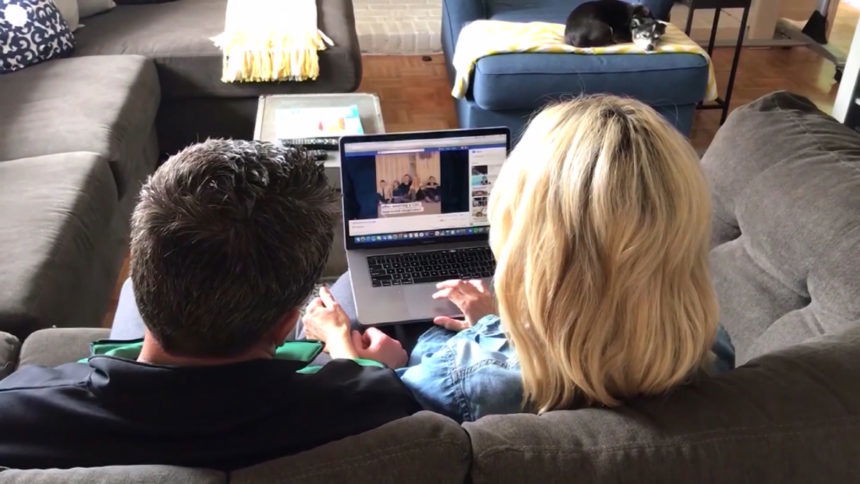How to spot COVID-19 disinformation on social media

(KRDO) -- The outbreak of COVID-19 has impacted billions of people across the globe -- and highlighted the necessity for accurate information relating to the pandemic.
But how can you make sure what you're reading or watching online is legitimate?
ABC News spoke with experts that focus on combatting the spread of false information.
Claire Wardle, co-founder of First Draft, an organization whose self-described mission is to "empower societies with accurate information in critical moments," suggests for people to pause before sharing information. Take a moment to ask yourself why you might want to share it in the first place.
Wardle says you should also make sure the content is from trusted authorities such as the CDC or reputable news organizations.
If you're not sure if what you're reading or watching is legitimate, experts suggest you do a quick Google search.
If the info hasn't been widely covered by the press, there's a good chance journalists weren't able to confirm it.
Experts also suggest you take a good look at the profile or page you're getting information from.
"Often [information] comes to us through a friend, a family member, or contact on social media, and there can be a tendency to take things more seriously from such sources," says Eoghan Sweeney, a Berlin-based digital media consultant who runs OSINT Essentials. "[This] matters greatly when there is potentially dangerous info going around out there."
Experts also say to pay close attention to the profile picture on the account you are getting information from.
If an account has a celebrity or a stock photo as their profile picture, it's often a tell-tale sign that the source isn't reliable and is trying to remain anonymous.
Experts also suggest reverse searching images attached to articles to see if they're legitimate. If the images pop up elsewhere under a completely different story, the article may not be accurate.
Experts tell ABC News that the only way to stop the spread of misinformation is by people not sharing it online.
If you have friends or family who you think are spreading false information online, experts say not to ignore, but try to have a calm conversation with them.
